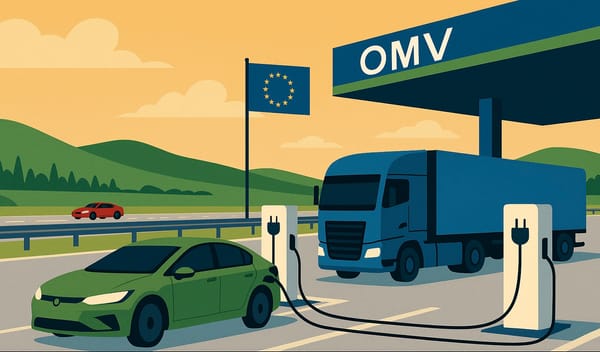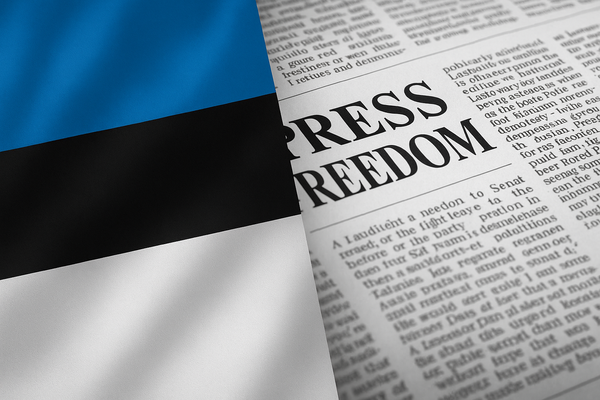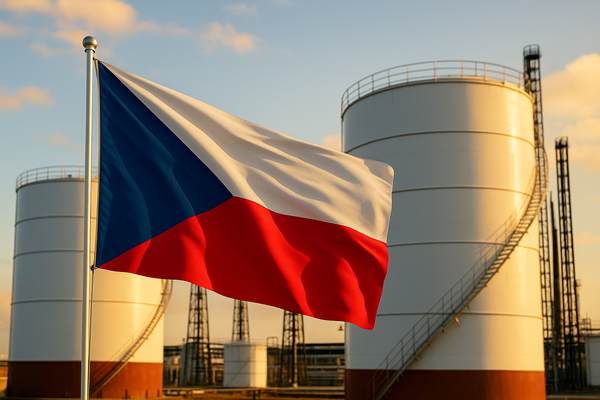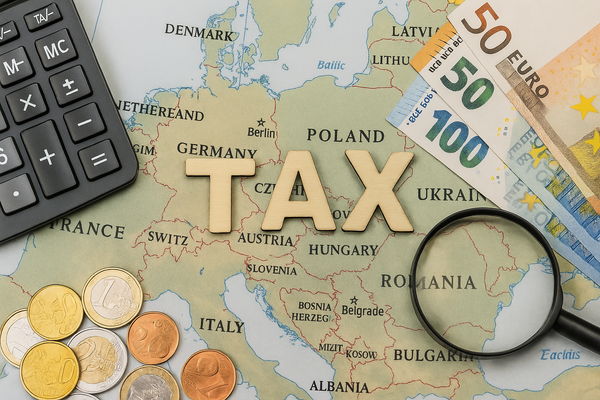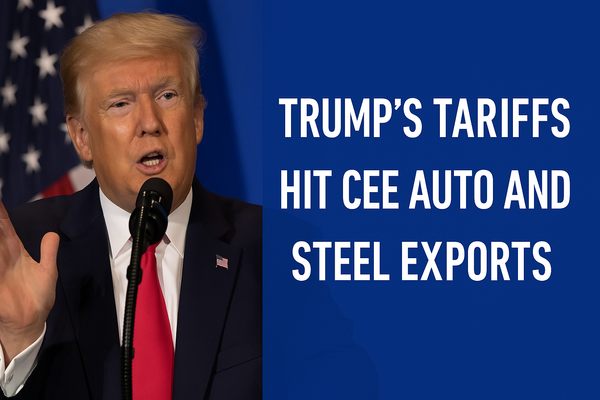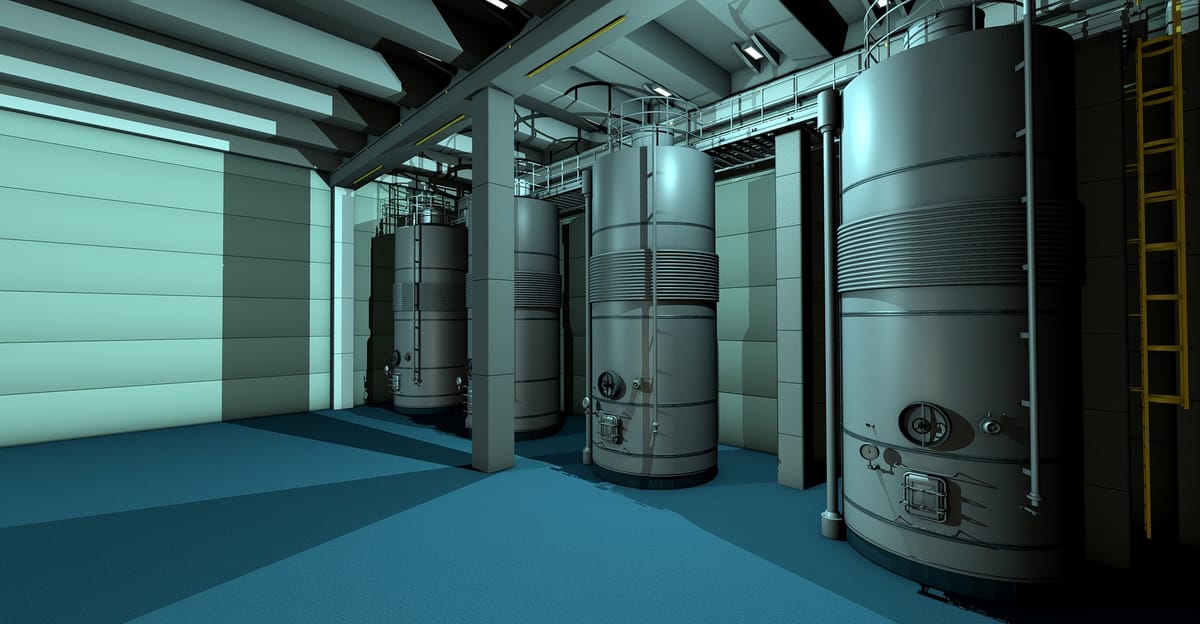
CEE firms face clamour for solar panels, heat pumps
The combination of a rise in demand for renewable energy sources and supply-chain issues is causing problems for manufacturers in Czechia and other countries in Central and Eastern Europe (CEE).
Companies in Czechia cannot meet the increasingly high demand for renewables due to a shortfall in both materials and workers, Euractiv writes, citing local media reports.
The problem is likely to spread to other CEE countries, as heat pump and photovoltaic producers prioritise more lucrative Western European markets.
Household and corporate demand for solar panels and heat pumps in CEE, where countries are generally more reliant on gas for heating than in Western Europe, has been caused both by rising gas prices and uncertainty around Russian imports.
The spike in demand for renewables, Euractiv notes, was accelerated in Czechia and Slovakia by recent government switches in state subsidy policy from gas boiler installations to heat pumps and other environmentally-friendly devices.
The resultant difficulty in meeting the clamour for renewables could disrupt Europe’s transition towards greener energy production.
The pump and solar panel market has been unprepared for the accelerating demand, a Czech businessman told Euractiv.
Meanwhile a Slovak entrepreneur saw looming problems for Slovakia. “The biggest barrier for Slovakia or Czechia is the high investment intensity of the technology,” he said.
“In Western countries, households don’t have a problem with paying for a heat pump,” the Slovak businessman added.
Jan Karaba, director of the Slovak Photovoltaic and RES Industry Association, said the photovoltaic market has significantly higher production capacities than the heat pump sector.
“The need for skilled labour will also increase. Western member states are already experiencing a growing shortage and, in Slovakia, we are not prepared for this situation either,” Karaba told Euractiv.

